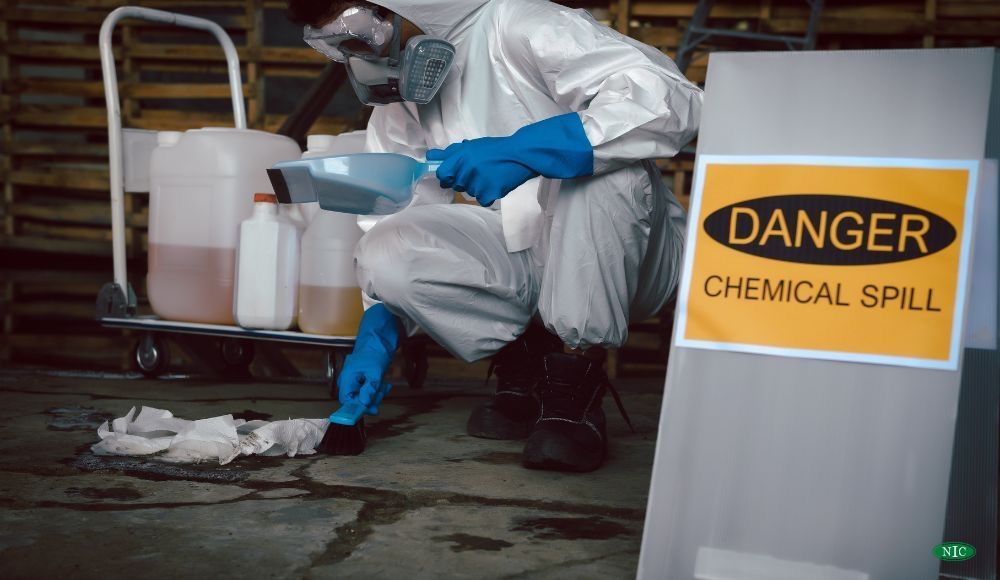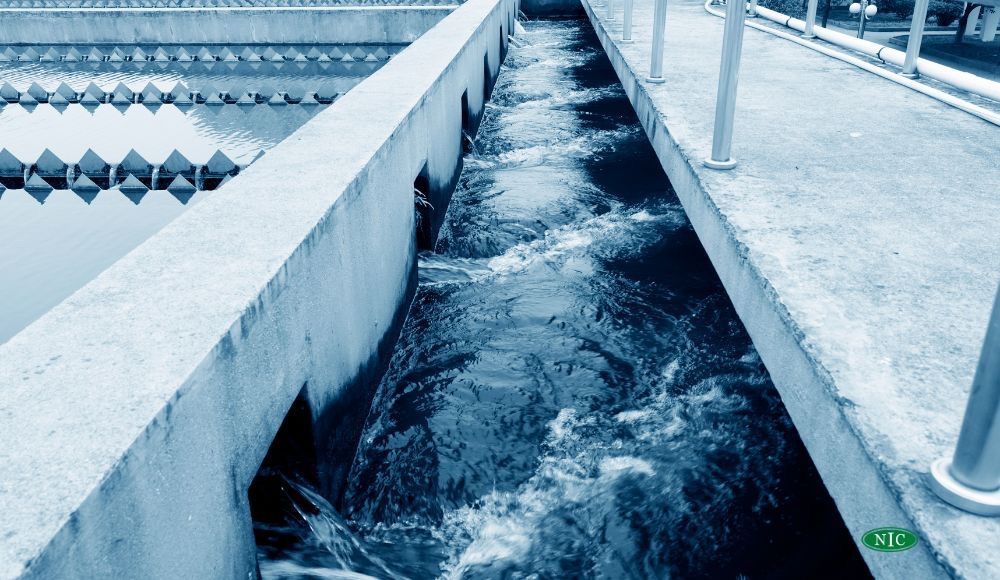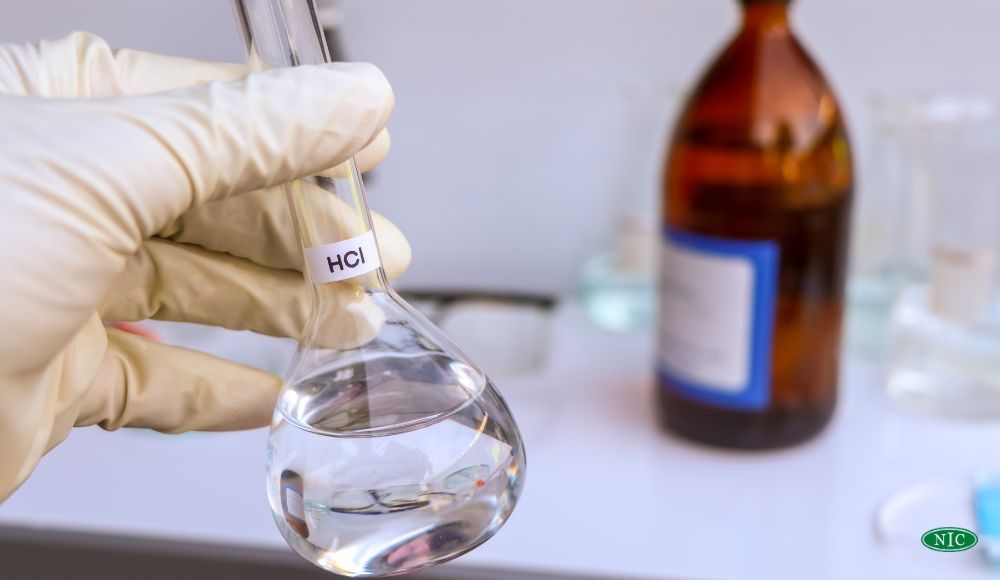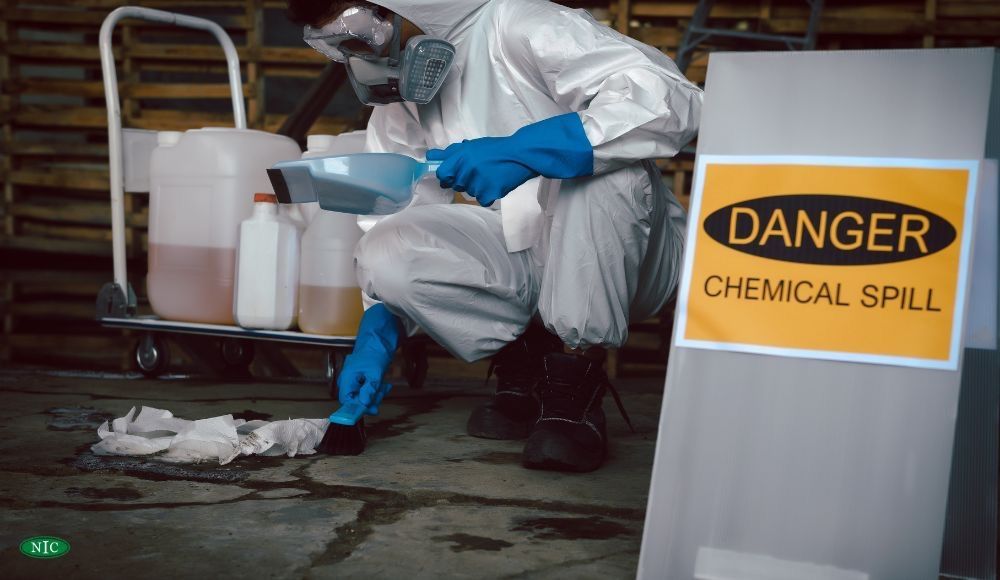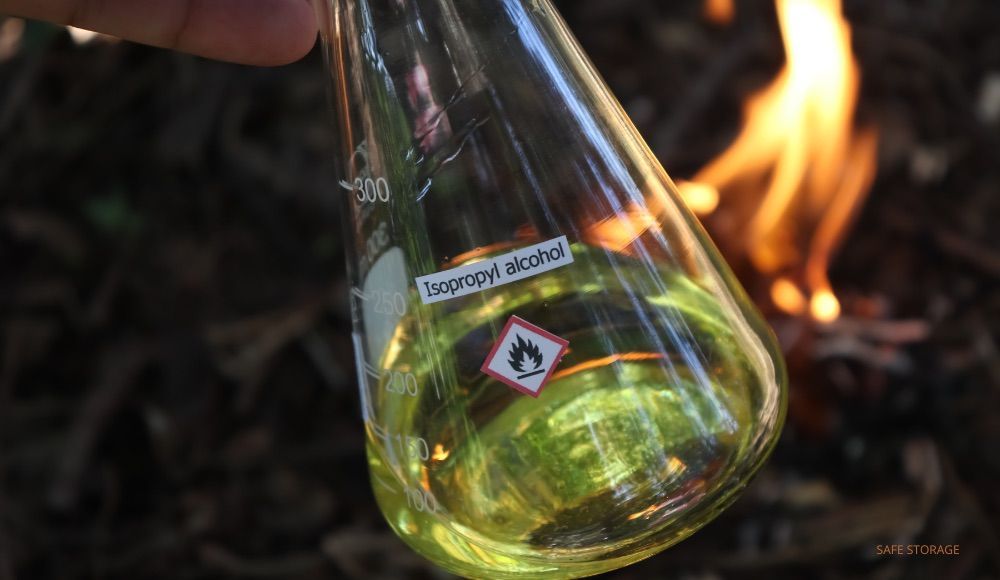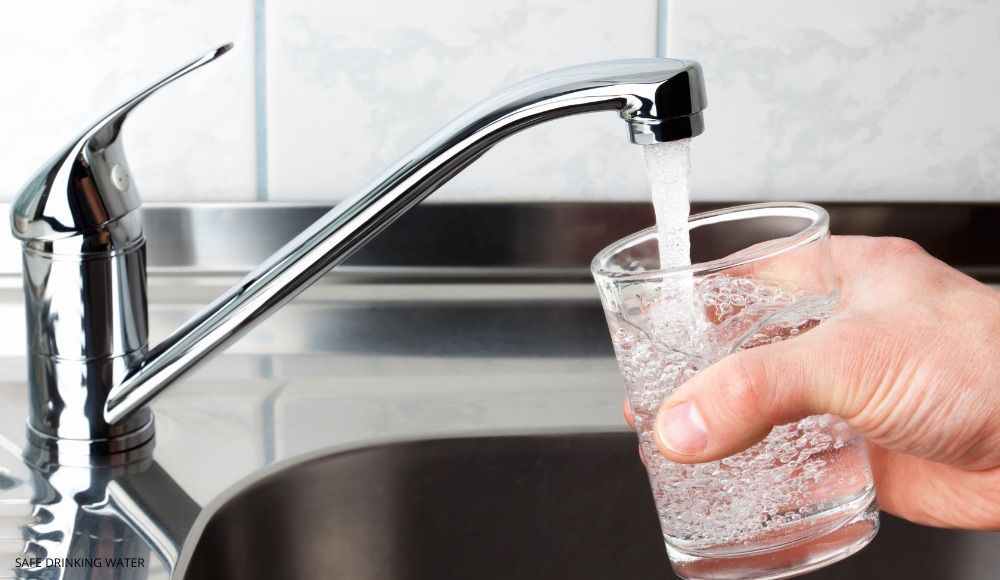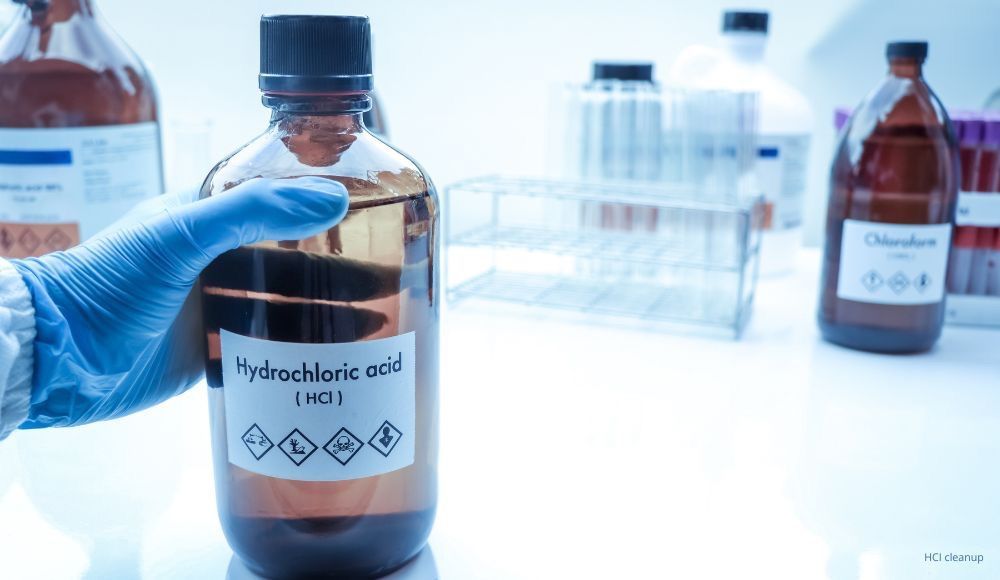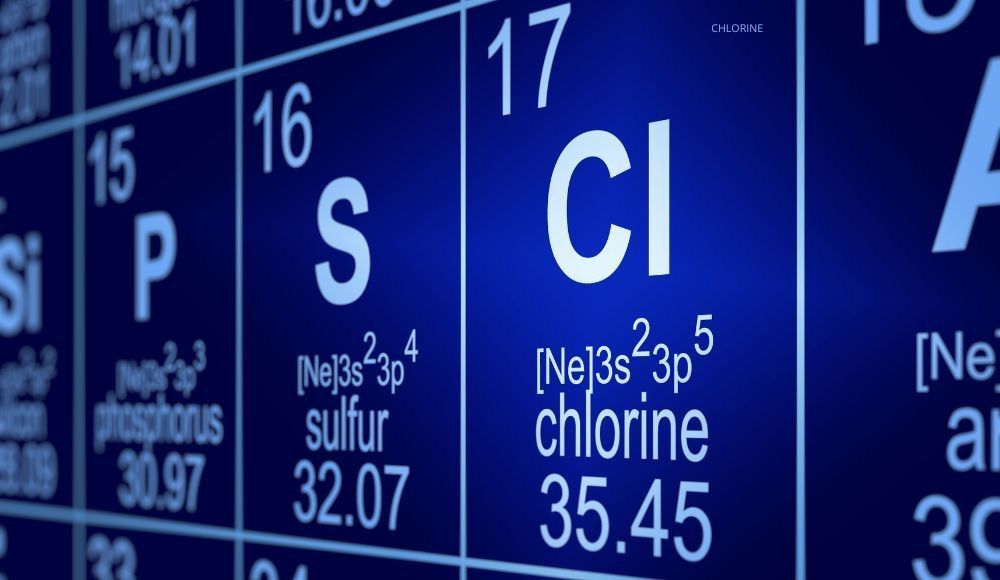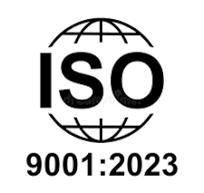How to Remove Oil from Water: Wastewater Management Techniques
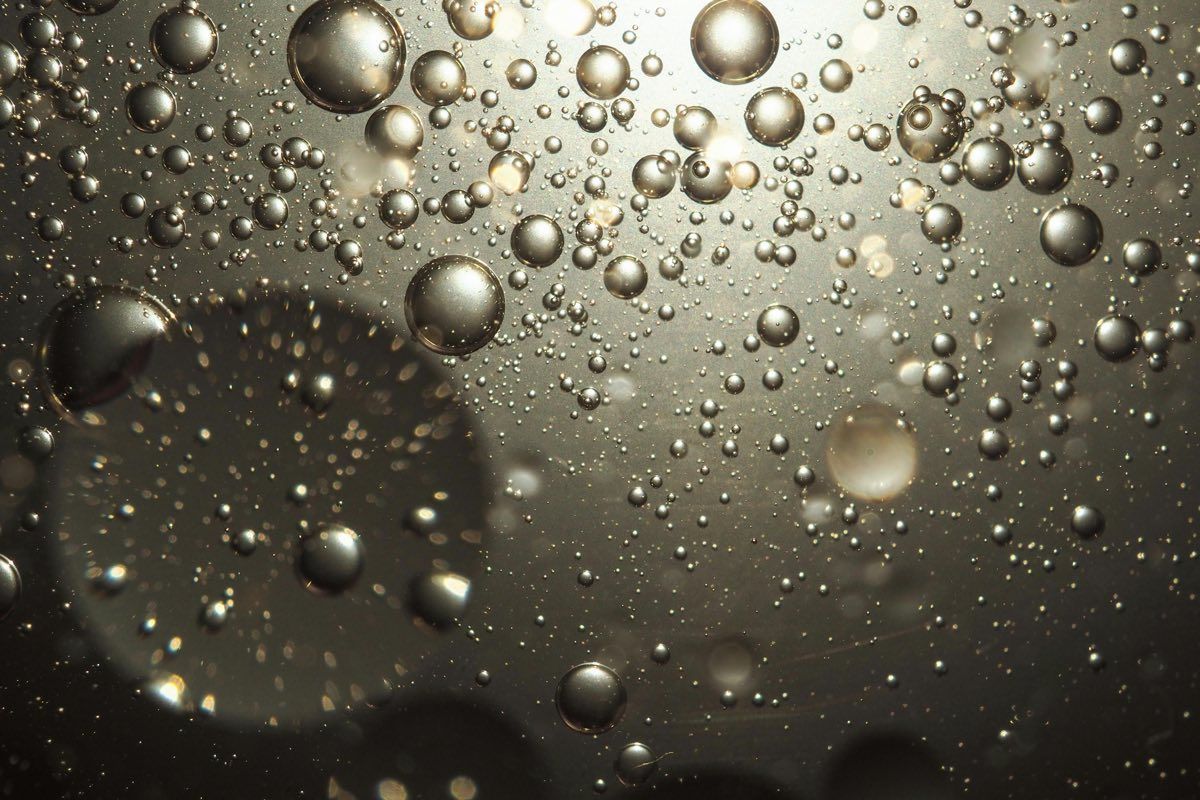
Discovering oil in your wastewater could be a sign of a bigger problem. You need to find the source of the oil and remove it from the water to avoid further issues. Fats, oils, and grease (FOGs) can not only affect your facility but are also environmental hazards. With increasing regulation to prevent FOGs from entering the wider environment via wastewater, it's essential to address any problems that may arise as soon as possible.
We all know that oil and water don't really mix, but oily water is still an issue. The oil needs to be separated from the water, which is obviously a challenge when both are liquids. Fortunately, there are multiple ways to separate oil and water, including eco-friendly options.
How to Remove Oil from Wastewater
There are multiple ways to separate oil from water for cleaner wastewater. One of the most common options is pH adjustment with oil skimming. This involves lowering the pH of the water using sulfuric acid. The process destabilizes emulsified oils and acidic oils become pronated. With the oils floating on top of the water, they can be skimmed off and either disposed of or recycled.
Another option for separating oil and water is coalescing oil-water separators. This method uses the principle of Stokes' Law, relating to the settling velocities of small particles in a fluid medium. Oil droplets are forced together to make bigger droplets so that they can then be separated. Not all oils can be removed using this method, and it may come with other challenges such as odors and loose fittings in equipment.
Chemical treatments can be used to separate emulsified oil and water mixes. Demulsifiers are combined with controlled motion and might be combined with heat or other methods to achieve separation. It's important to have expert knowledge of which products to use and how much should be used for the best results.
Eco-friendly Oil-Water Separation Methods
Environmentally responsible practices are a priority for many organizations for both compliance and maintaining green values. There are several options both currently available and undergoing research and development to offer eco-friendly options for oil-water separation. Biological treatment using bacteria can be one option for maintaining wastewater and both removing and preventing oil. Other methods that have been used include coated steel mesh and coated cotton fabric. Solar-powered equipment can also help to make the process more eco-friendly.
Safely Disposing of Oil-contaminated Water
Whether oily water is separated or not, it's important to ensure safe disposal. It's important to pay attention to local regulations to ensure the law is followed when disposing of oil or oil-contaminated water. Businesses should use a qualified service to dispose of oily waste, which meets the legal requirements for the required duties, such as collecting, storing, transporting, and disposing of oily waste. Disposing of oil-contaminated water responsibly ensures your organization is compliant and eco-friendly.
Contact Us for Wastewater Treatment Chemicals
Contact us today for all your industrial chemical needs, including wastewater treatment chemicals. Our helpful staff is ready to answer your questions and to provide a free quote!
